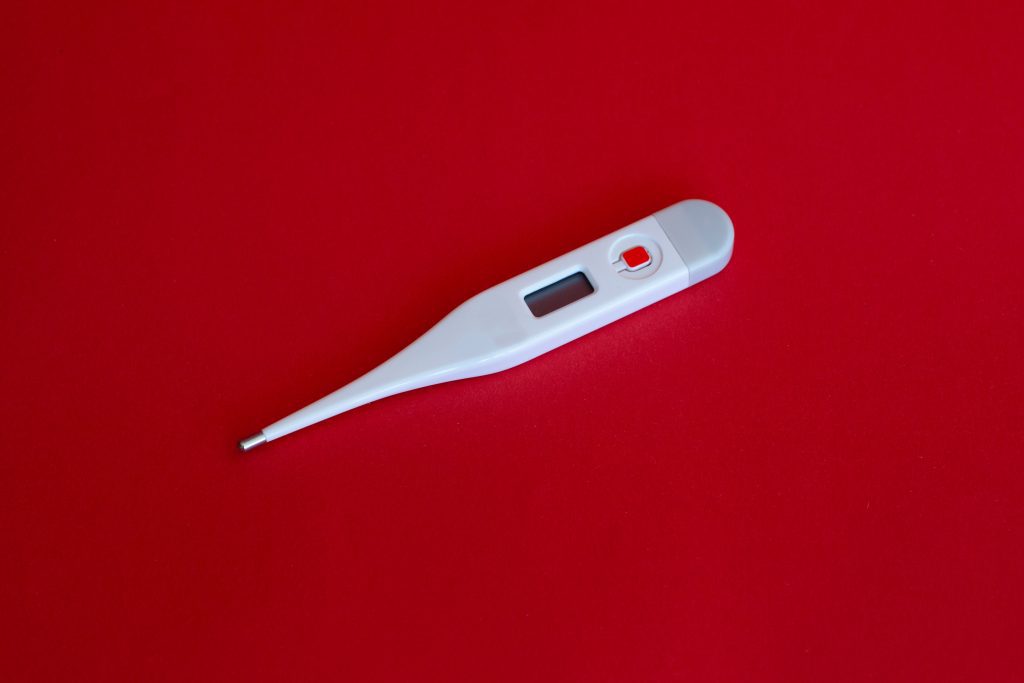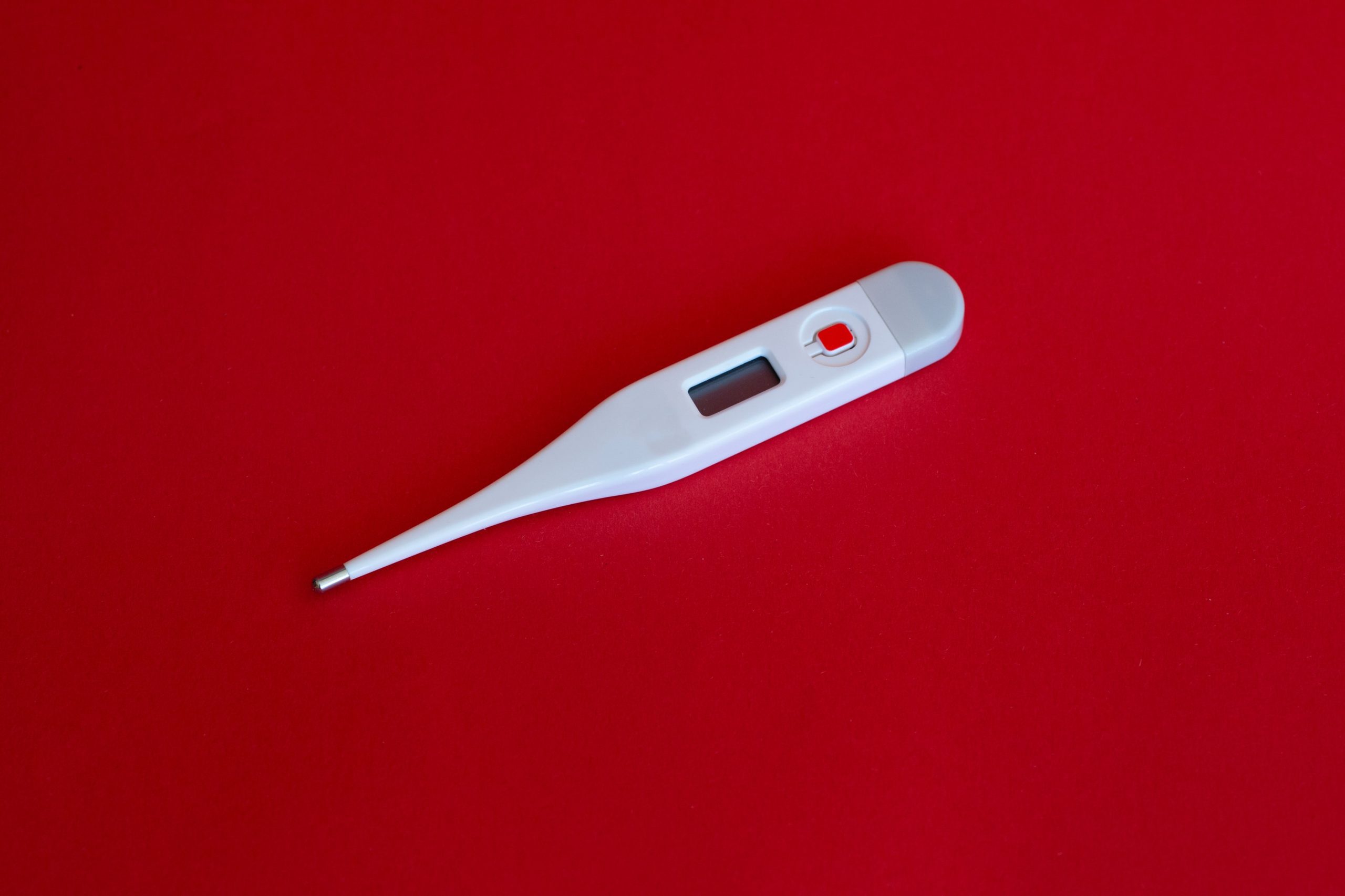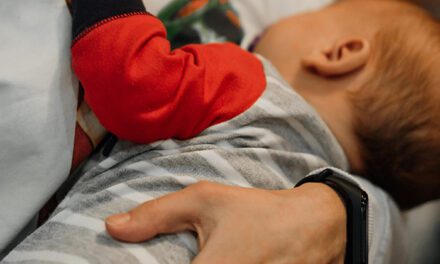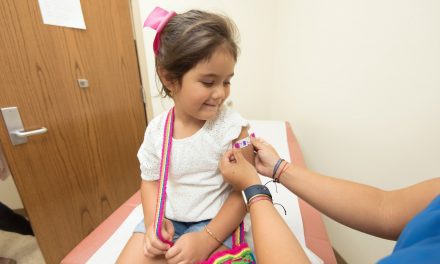Vaccines are an absolutely critical aspect of public health. These timely doses have helped keep diseases like smallpox, measles, and polio at bay for decades. And these life-saving doses are given to individuals at a very young age; children in India need to take a multitude of vaccinations starting as early as 24 hours after childbirth. Considering how essential they are, you as a parent need to know all about them, starting with the important childhood vaccination precautions to know about.

Vaccinations will be a common feature in your child’s life so you need to know about the related precautions.
What Are Vaccine Precautions And Contraindications?
For the next 12 to 16 years, your children will take nearly 10 different vaccines to prevent different ailments. But the process of immunization through vaccination is delicate since vaccines are often made from weakened or inactive strains of the infection-causing organism. While all approved vaccines are very safe, the concern is with your child; doctors still have to test the child for contraindications and precautions before immunizing them.
A contradiction essentially means that the immunization of the child is not advisable because the vaccine could harm them. There are two subtypes of contraindications – Absolute contraindication and relative contraindication:
- Absolute contraindications are completely inadvisable. E.g. Anaphylaxis following a previous dose.
- Relative contraindications are still inadvisable but can be done if absolutely necessary. E.g. Taking X-rays of pregnant mothers.
A precaution is a potential risk that must be taken into account so that the process of vaccination can be made even safer. In the case of childhood vaccines, contraindications may or may not exist depending on the child, but a vaccine precaution always has to be taken. The precaution will differ based on the vaccine that is to be administered since different vaccines are likely to result in different reactions.
There are many vaccine precautions that you as a parent must take into account before beginning your child’s immunization process. Since immunization is done according to a set schedule, it is important to consider these precautions well in advance, so that the window for vaccination can be adjusted if necessary.
Important Childhood Vaccination Precautions That Every Parent Should Keep In Mind
1) Is Your Child Allergic To Anything That You Are Aware Of?
Allergies can be a major hurdle in the immunization process. Common allergies like dust are not a cause for concern. However, your child could be allergic to latex (doctor’s gloves material), or plastics. They could also be allergic to the contents of the vaccine itself.
New parents should pay close attention to their babies to determine whether they’re allergic to anything. This is one of the important things to know before your child’s vaccine. If you’re aware of such allergies, you need to notify the medical professionals before the vaccine is administered.
Look out for signs of an allergic reaction after your baby gets the vaccine, like hives, shortness of breath, swelling on the face, and a fast heartbeat. Your pediatrician will be able to let you know what side effects are normal and when you should worry.
In case the allergy manifests after getting the vaccine, be sure to make a note of it and maintain it in a file. Childhood immunizations are important, and thus are frequent. Since children receive over 10 vaccines before the age of 16, it is very likely that the allergy-related information might come in handy sometime.
2) Does Your Child Have A High Temperature On The Day Of The Vaccine?
Did you know that a high fever indicates that your child’s body is already fighting off an infection? If the fever is low grade (anything below 102°F) then the pediatrician will likely recommend that the vaccination should proceed according to the schedule.
However, if the fever crosses the 102°F mark, then the doctor might suggest not to go ahead with the vaccination. High fever temporarily compromises the immunity of the child and hence interferes with the effectiveness of the vaccine.

A high fever may be sign of an underlying illness, which can be a vaccination precaution.
3) Did Anyone Else In The Family Have Any Reaction To The Vaccine?
Go through your family history as far back as possible, and answer the following questions:
- Which of these vaccines were we given?
- Did anyone in the family have any severe reaction to it?
- Does anyone in the family suffer from any genetic disorder?
Knowing the medical history of your family can give you a good insight into the allergic possibilities for your own child. You can better prepare for this situation by maintaining a record of your family’s medical history, and submitting it to the doctor before your child is given their vaccine.
4) Does Your Child Suffer From Seizures?
A history of seizures can be hereditary, in which case it will show up in the family history as well. However, it is possible that the child might be the first one in the family to suffer from seizures.
If your child is prone to seizures, you need to inform the pediatrician beforehand. In such cases, the pediatrician will decide whether to go ahead with the vaccine or reschedule it until it is safe to vaccinate.
5) Is Your Child Immunocompromised?
Vaccination is not advisable if your child is suffering from any disease or disorder that is compromising their immune system. Diseases, disorders and conditions like cancer or HIV can weaken the baby’s immune system, as can some treatments like chemotherapy.
Signs of a weakened immune system include-
- Frequent colds
- Frequent digestive issues
- Delayed growth
If your child shows such signs, then they might be immunocompromised. In this case, they may not be able to take vaccines, so ensure you ask your pediatrician about the next move.
6) Is Your Child Currently On Any Medication?
If your child suffers from any chronic or acute illness that requires them to take regular medication, then you should mention that to the pediatrician in charge of administering the vaccination. Even better, consult with your child’s regular pediatrician before proceeding with the vaccination process.
A high dosage of certain medications can interfere with the effectiveness of the vaccine. If the medications in question are just regular antibiotics, then the vaccination can proceed as per schedule.
Conclusion
COVID-19 has created a new facet to the world of vaccination. And while kids under the age of 18 can’t yet get the COVID-19 vaccine, the question is… should you as a parent proceed with vaccinating your children with other vaccines in the middle of a pandemic? Are these vaccines really that important?
The answer to both these questions is a resounding YES!
Please vaccinate your young ones, and help keep illness at bay. Just keep these important childhood vaccination precautions in mind and you’re good to go. Make sure you read the rest of our blogs to be hands-on parents and make use of our convenient app to easily keep track of your baby’s vaccination schedule.
FAQs About Important Childhood Vaccination Precautions
Can We Give The Covid-19 Vaccine To Children?
The government has approved of neither Covishield nor Covaxin for children and teenagers under the age of 18. Until the government approves of them, you will not be able to vaccinate your children against COVID-19.
What Is An Absolute Contraindication To Immunization?
Severe allergic reaction, also known as an anaphylactic shock is the only absolute contraindication to immunization. Almost everything else falls under relative contraindication.
Is Oral Vaccine Effective?
Oral vaccines are effective. They are, however, slightly less effective than intravenous vaccines. Oral vaccines are, however, easier to manufacture and administer than injectables.
What Is A ‘Booster Shot’?
A booster shot is an additional dose of the vaccine that helps to boost its strength. The time between two shots may vary from vaccine to vaccine.







I liked it the most when you shared that seizures will show up in the family history. My friend wants to get her child vaccinated. I should advise her to turn to a clinic that specializes in immunizations.